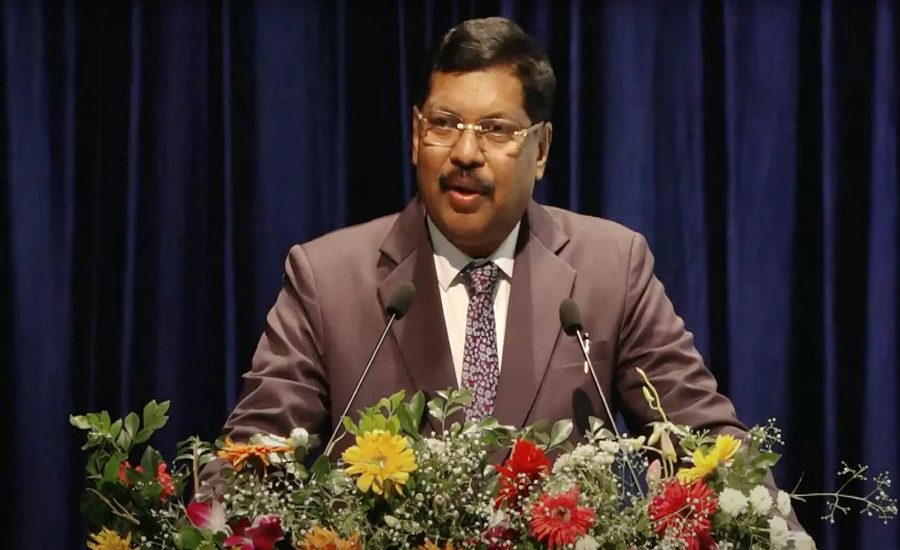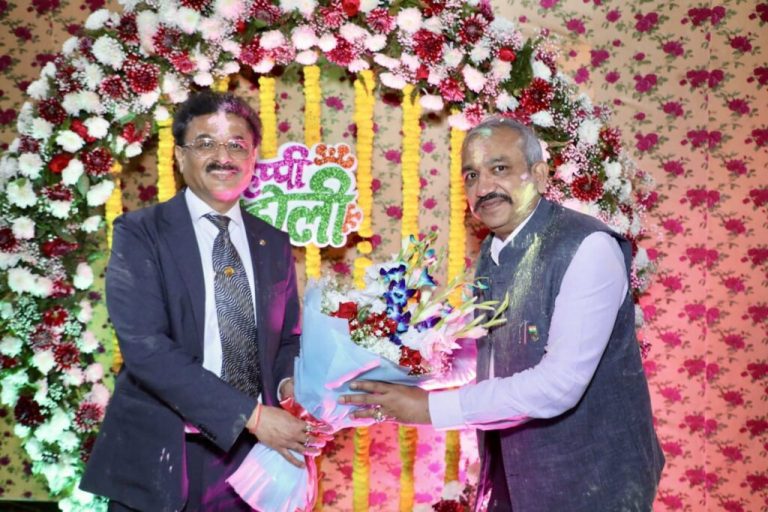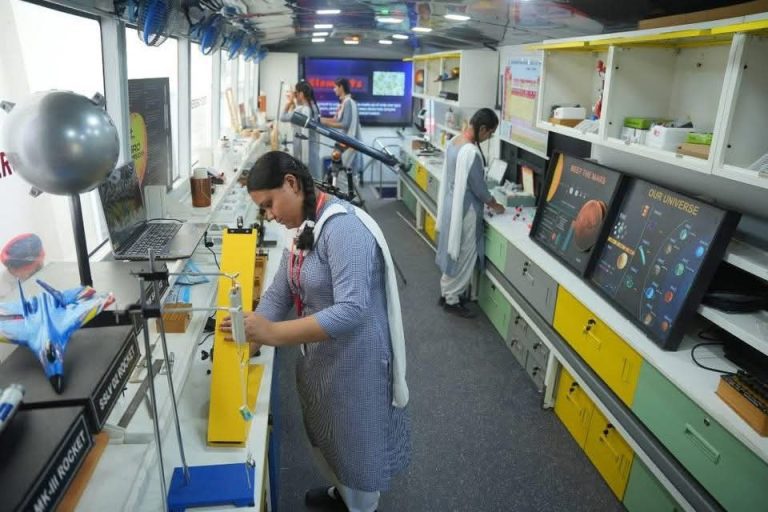Amaravati: Chief Justice of India (CJI) BR Gavai, in a powerful address during his felicitation ceremony in his hometown Amaravati on Wednesday, reaffirmed the supremacy of the Indian Constitution over all democratic institutions. Asserting that all three pillars of democracy – judiciary, executive, and legislature – derive authority from the Constitution, CJI Gavai took a strong stand against the idea that Parliament is the supreme institution.
“Parliament Can Amend, But Not Alter the Constitution’s Core”
While acknowledging that Parliament holds the power to amend constitutional provisions, Justice Gavai emphasized that it cannot change the basic structure of the Constitution. “Some people say Parliament is supreme, but in my opinion, the Constitution is supreme,” said the 52nd Chief Justice of India.
Read Also: Who Is Justice BR Gavai, the Next Chief Justice of India Set to Take Oath on May 14?
This statement echoes the landmark Kesavananda Bharati judgment, which established the principle of the “basic structure doctrine” in Indian constitutional law – a cornerstone in protecting the Constitution from arbitrary amendments.
“Public Opinion Shouldn’t Influence Judicial Decisions”
Underscoring the independence of the judiciary, CJI Gavai said judges must stay committed to constitutional duties, unaffected by public opinion or popular sentiment. “A judge should not be driven by what people will say or feel about their decisions,” he stated.
He reminded members of the judiciary that their primary role is not merely exercising power but safeguarding the rights of citizens and upholding constitutional values. “We not only have power, but a duty has also been imposed on us,” he said.
Stands by Decision Opposing Bulldozer Justice
CJI Gavai also made a pointed reference to his decision opposing ‘Bulldozer Justice’, a term often used in cases of extra-judicial demolitions of properties linked to accused persons. Without naming specific instances, he reiterated his stand that the right to shelter is a fundamental right, enshrined in the Constitution, and cannot be overridden by executive action.
“I have always let my decisions and work speak and have always stood by the fundamental rights enshrined in the Constitution,” he declared.
Justice Gavai’s Journey and Legacy
Justice BR Gavai, who recently took oath as the 52nd Chief Justice of India, is only the second Dalit to hold this prestigious position in the history of the Supreme Court. Known for his judicial independence and pro-rights stance, his comments in Amaravati signal a strong intent to uphold constitutional morality and autonomy of the judiciary during his tenure.































